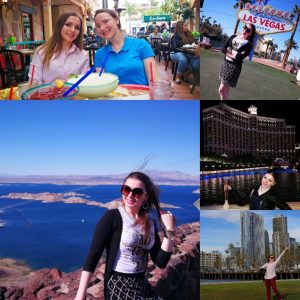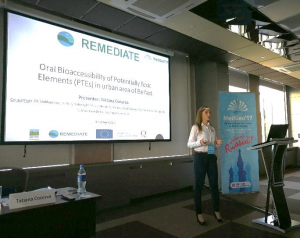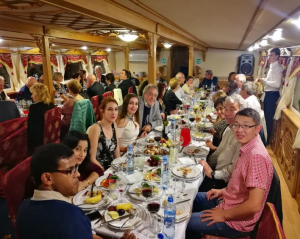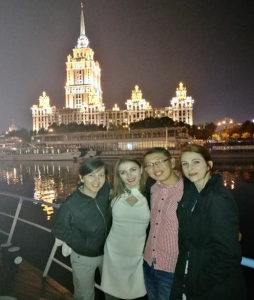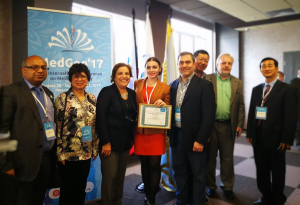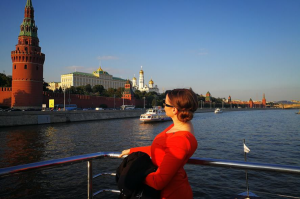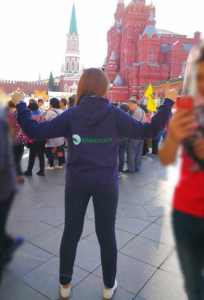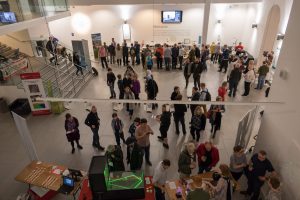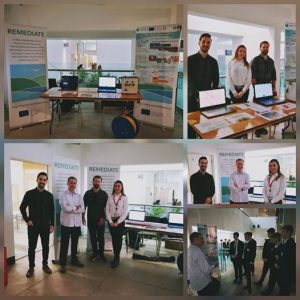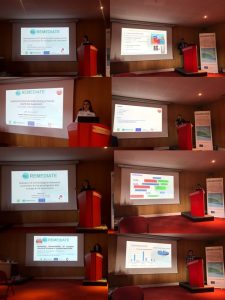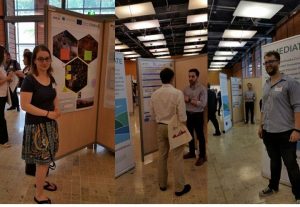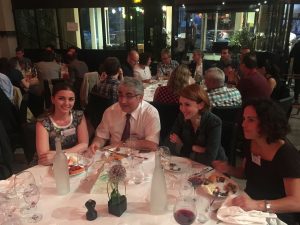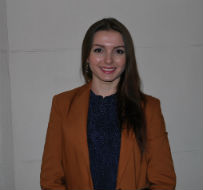A new challenge? Visiting a new continent? A research conference? Networking?
AN AWARD?! YES! All these are for me!
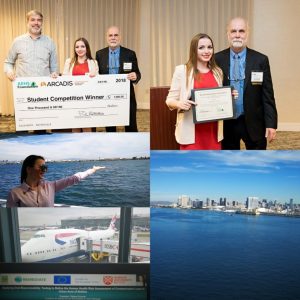
These were the main questions and desires in my mind when I decided to attend the 28th Annual International Conference on Soil, Water, Energy, and Air that took place on March 19-22, 2018 in San Diego, California. This great experience brought me an award: “1st Place for the Best Student Poster Presentation” and a check of $1000!
Towards the west…
Embarking on the longest flight I’ve ever flown with a valid USA visa in my passport and full of excitement, I started my great journey towards San Diego! When I left London, it was cold and snowing, but once arrived in San Diego, I realised that I was the only person at the airport wearing a winter coat! Yeah, that was funny, but it was so great to feel the outside temperature of 20⁰C and a warm wind blowing through my hair, a feeling that I have not had since my last summer holiday.
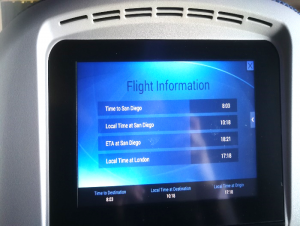
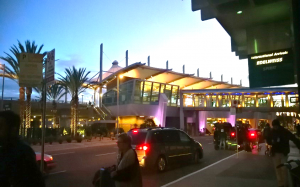
Pre-conference course
I had registered to attend a workshop the day before the conference on the Bioavailability of Contaminants in Soil. As my PhD research is directly related to this topic, I was curious to learn how bioavailability is applied in the USA compared to the United Kingdom (UK). The audience comprised environmental professionals working in academia, environmental protection agencies and consultancy. The workshop was very interesting and interactive; the audience was engaged in solving different problems and answering the questions posed by the presenters. It represented a great opportunity for me to share ideas and even my experience working with the European BARGE Unified Bioaccessibility Method (UBM) (https://www.bgs.ac.uk/barge/ubm.html).
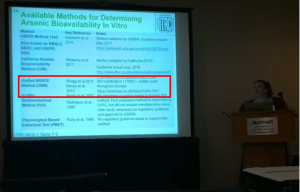
The 28th Annual International Conference on Soil, Water, Energy, and Air
This international conference is organised each year by the AEHS Foundation on the West Coast of the USA. Its main purpose is to gather together the environmental science community to share ideas, outcomes, and recommendations between experts working in research, industry, advanced technologies, and environmental regulatory programs.
For three days, I attended interesting presentations on different case studies dealing with environmental forensics, pollution, and cutting-edge technology applied to remediate contaminated sites. Outside the conference rooms, there were exhibitions on applied technology for diverse environmental issues.
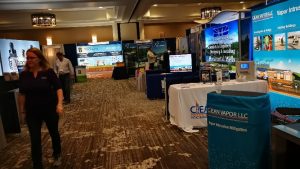
I had registered to present my research work in the poster session on Human Health Risk Assessment and I chose the option to be included in the student competition where generous awards were offered: $1000 for 1st place, and $500 for the 2nd place. Now all the challenges were set, so let’s bring my research work to the top!
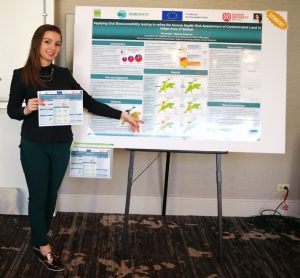
During the poster session, I was so pleased with the number of people coming to my poster asking different questions. The audience was diverse, from PhD students to professors, researchers, and professionals working in industry. Moreover, there was a Scientific Advisory Board formed of 15 judges from different disciplines and wide expertise dealing with environmental issues who assessed all the posters. The evaluation factors developed by the committee included the following: Topic Selection/Innovation, Research and Analysis Techniques Utilised, Poster Organization and Structure, Quality of Presentation, Materials and Communication of Poster Content.
As usual, I shared my research results, experiences working in REMEDIATE project, and my great passion for my work with everyone.
Awards Ceremony!
I was already so pleased for the amazing experience I had at this conference, networking opportunities, feedback received on my work and the wonderful San Diego city, so I could say that my “mission was complete”!
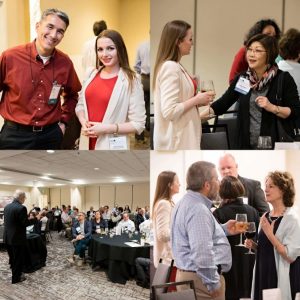
But when the winners were announced and I heard that Tatiana Cocerva from Queen’s University Belfast was the WINNER of the 1st place award, I could say that this represented an unforgettable moment in my life!
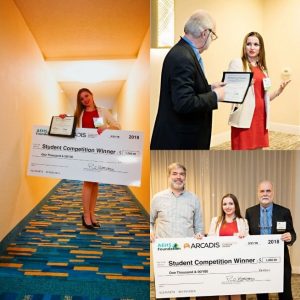
Top Right: With Paul Kostecki (conference organiser and executive director of the AEHS Foundation)
Bottom Right: With Rick Ahlers (ARCADIS) and Paul Kostecki
Thanks
I would like to express my sincere thanks to the organisers of the conference, the AEHS Foundation and the Scientific Advisory Board for appreciating my research work. My deepest gratitude goes as well to my supervisors and collaborative partners who contributed over the years to undertake excellent research work that has been endorsed all over the world!
I look forward to attending the next Annual Conference on Soils, Sediments, Water and Energy organised in Amherst Massachusetts on October 15-18, 2018. Overall, I had a wonderful time on the West Coast of the USA, and all I can say is
I WILL BE BACK very soon!
